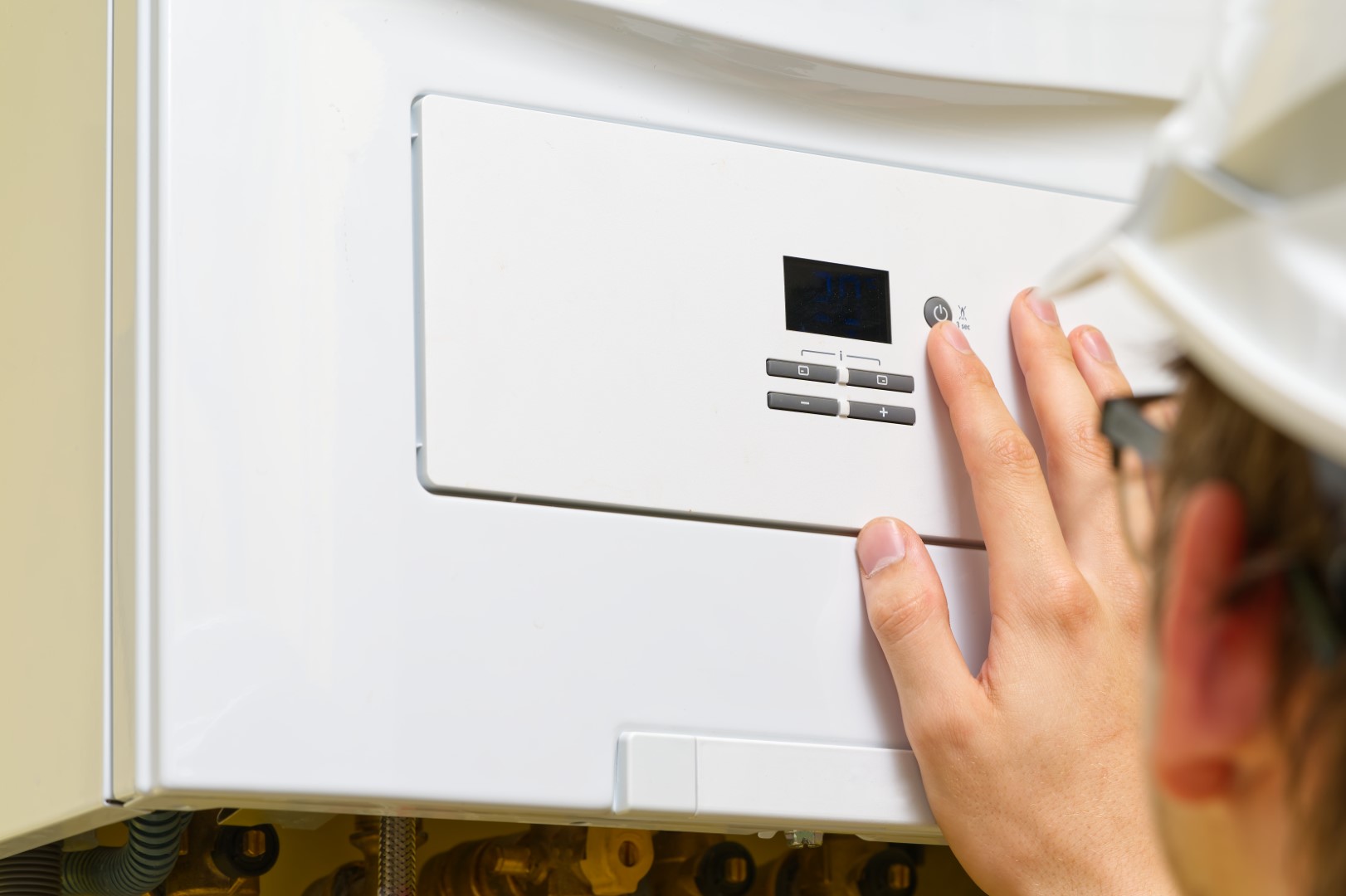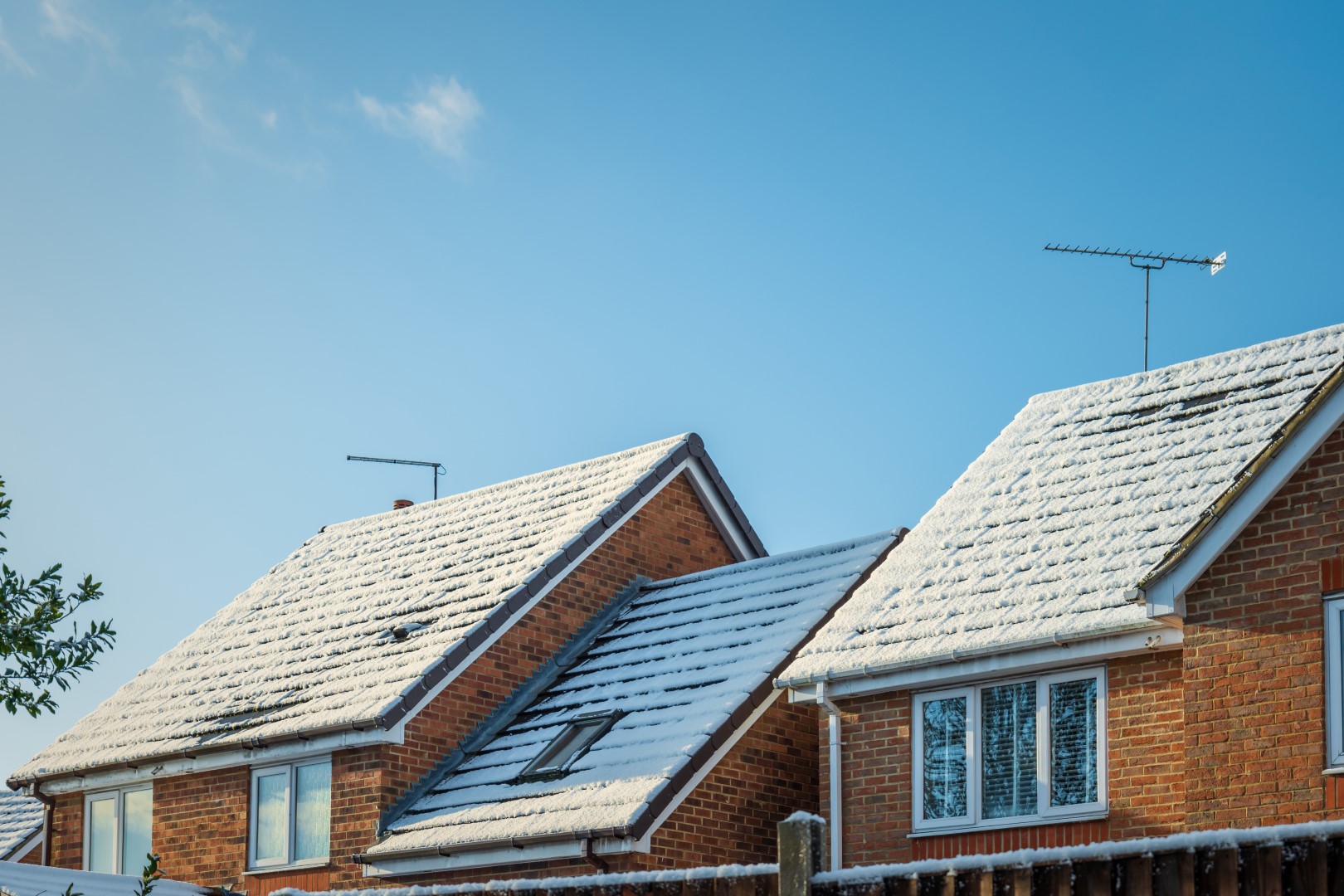Boiler Pressure Too High? Here’s What to Do – HomeService.Insure
Boiler pressure can rise and fall as water heats and cools, but if the gauge is regularly creeping into the danger zone, it’s a problem you shouldn’t ignore. High pressure can cause leaks, damage to seals, or even force the system to shut down for safety reasons.
This guide from HomeService.Insure explains why boiler pressure climbs too high, how you can safely reduce it, and when to call in an expert.
Understanding normal boiler pressure
- Cold system (no heating or hot water running): around 1 bar
- Heating on: between 1.5 and 2 bars
- 2.5 bars or higher: pressure is too high
Many boilers highlight the safe zone in green on the gauge. If the needle sits outside this range, it’s time to act.
Signs your boiler pressure is too high
- Strange noises – banging, gurgling, or whistling
- Boiler shutting down – many modern boilers power off automatically when pressure climbs
- Leaking water – excess pressure can push water out of seals or the relief valve
Why pressure gets too high
- Overfilling – adding too much water during a top-up
- Faulty filling loop or valves – stuck or damaged, letting water in continuously
- Expansion vessel problems – if it loses charge, it can’t absorb pressure changes
- Leaks elsewhere – causing the system to overcompensate
- Faulty gauge – sometimes the reading itself is inaccurate
How to lower boiler pressure
- Bleed the radiators
Release trapped air and a little water to bring pressure down. Use a radiator key, catch any drips, and keep an eye on the gauge until it returns to the safe zone.
- Drain from a valve
Turn the boiler off, find the drain-off or filter valve, and carefully let out some water into a bucket. Stop once the gauge reads between 1–1.5 bars (when cold).
- Call an expert
If pressure won’t stay down or the same problem keeps returning, it’s time to call a Gas Safe registered engineer. Faulty valves, gauges, or expansion vessels need professional repair or replacement.
Staying safe with high boiler pressure
High pressure usually isn’t dangerous if the pressure relief valve works correctly, but it can still lead to water leaks and long-term damage. Don’t ignore it — tackle the issue quickly to protect your system.
What if your boiler pressure is too low?
Low pressure (below 1 bar) is the opposite problem and usually means there’s a leak or your system needs topping up. This can leave you with no heating or hot water and puts extra strain on your boiler.
Reliable repairs with HomeService.Insure
If you’ve tried the basics and your boiler pressure is still out of control, don’t risk further damage. With HomeService.Insure, you’ll have quick access to trusted Gas Safe engineers who can diagnose the fault, carry out safe repairs, and get your heating back to normal.
No stress, no delays — just expert help when you need it most.
HomeService.Insure Safety Disclaimer
At HomeService.Insure, we encourage safe and sensible DIY, but your safety always comes first.
- Only attempt basic checks and fixes if you feel confident.
- Stop immediately if you notice burning smells, scorch marks, leaks, or anything that looks unsafe.
- Never attempt electrical or gas repairs beyond simple resets or checks.
- For complex, repeated, or potentially dangerous problems, always call a qualified Gas Safe engineer (for heating) or a certified electrician (for electrics).
By following this guidance, you reduce risks — but professional help should always be your first choice if there’s any doubt.

